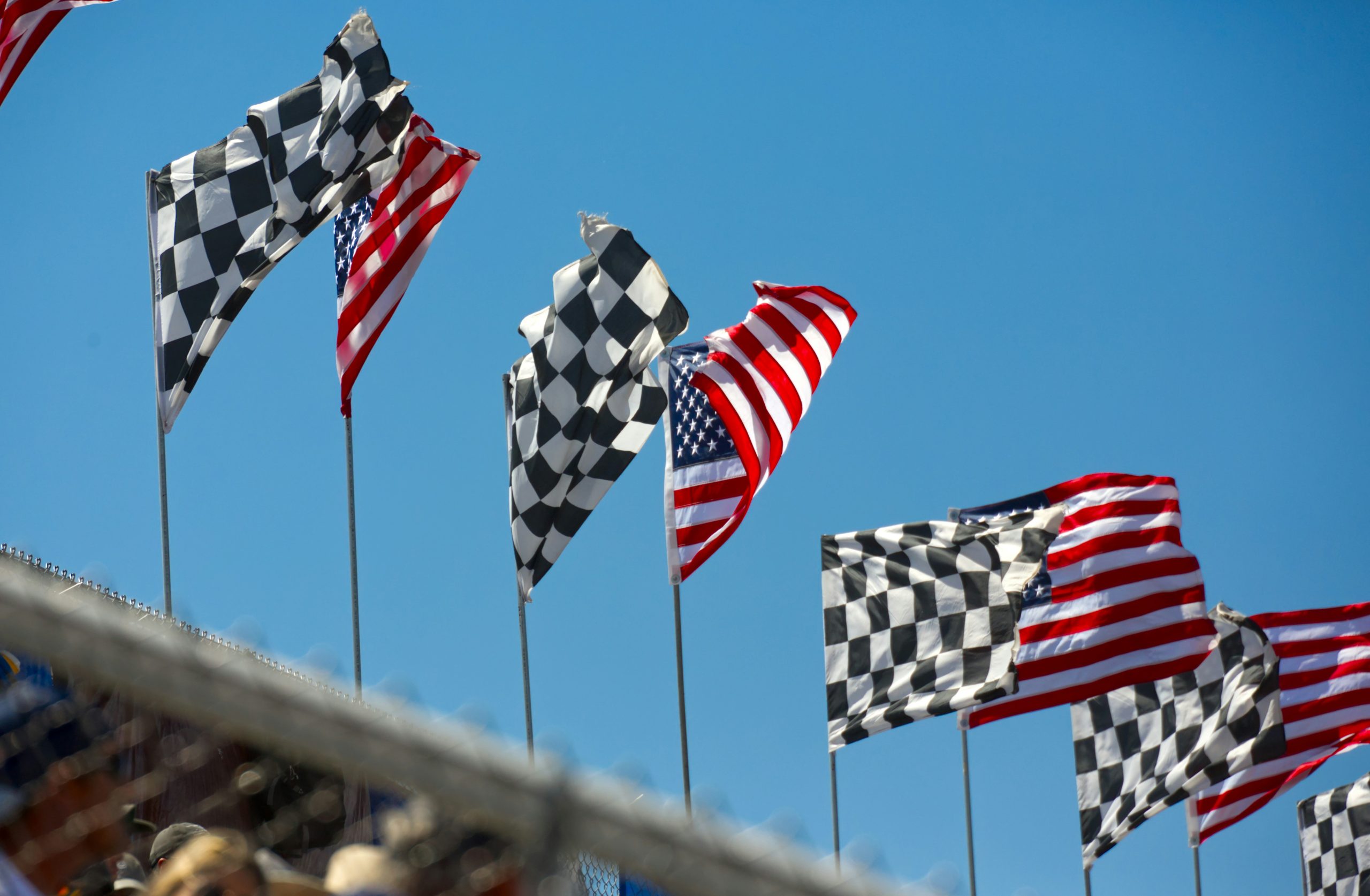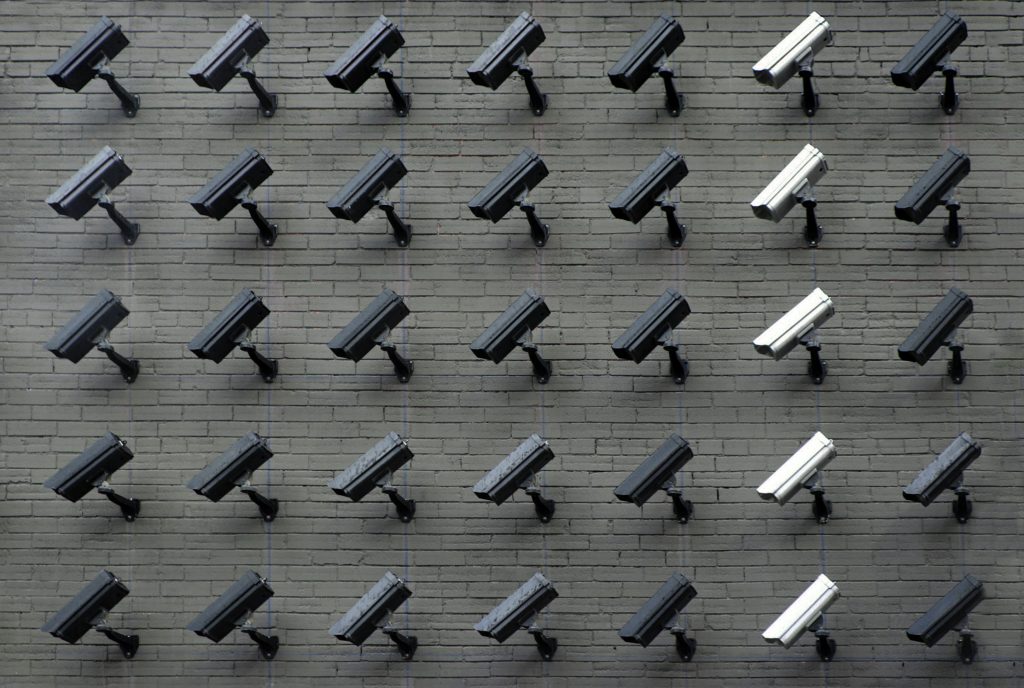Can Michael Jordan Beat NASCAR? The Antitrust Fight over NASCAR’s Charter System

By Alexander Propstra*
Michael Jordan has brought his competitive edge to NASCAR, and now that drive extends to the courtroom.[1] In 2020, Jordan partnered with prominent NASCAR driver Denny Hamlin to form 23XI Racing, LLC, and purchased one of NASCAR’s 2016 charters and began racing in 2021.[2] When NASCAR’s charter agreements expired in 2024, Jordan and 23XI filed suit against NASCAR, alleging that its charter system is anticompetitive and monopsonistic in violation of §§ 1–2 of the Sherman Act, 15 U.S.C. §§ 1–2.[3]
NASCAR (National Association for Stock Car Auto Racing) is America’s premier stock-car racing series, featuring about thirty-six races each season in its Cup Series.[4] In the Cup Series, drivers race under a “racing team” and earn points based on finishing position, which influences playoff cup qualification and ultimately the Cup Series Champion.[5] In 2016, NASCAR implemented a charter system that created thirty-six charters, which are essentially licenses to race in the Cup Series that teams are allowed to sell or lease.[6] Owning a charter guarantees a team entry into every Cup Series race and provides access to revenue sharing, giving teams greater stability and long-term security.[7]
While the new charter system has brought stability and new opportunities to the sport of NASCAR, it has faced serious backlash.[8] Specifically, Michael Jordan and 23XI argue that the new charter system has increased NASCAR’s stronghold in stock-car racing and created anticompetitive constraints that reinforce NASCAR’s monopoly position.[9] In its complaint against NASCAR, 23XI alleges NASCAR violated Sections 1 and 2 of the Sherman Antitrust act through its purchases of race tracks, acquisition of ARCA, use of non-compete covenants, and mandatory requirements tied to “Next Gen” stock car parts.[10]
According to 23XI’s complaint, there are a limited number of racetracks suited to host a high-quality event, which requires a per-day capacity of 25,000 spectators as well as high-level requirements relating to safety, track surface, promotional pedigree, infrastructure, and insurance.[11] 23XI claims that NASCAR purchased twelve racetracks from ISC in 2019 for $2 billion, and by 2024, more than half of all Cup Series races were held at those tracks.[12] 23XI further alleges that NASCAR refuses to host other top-tier stock car races at its facilities and requires independently owned racetracks that host Cup Series events to sign exclusivity agreements prohibiting them from hosting any racing event that resembles NASCAR’s product.[13]
Furthermore, 23XI argues NASCAR’s acquisition of ARCA—the only other notable stock car racing series in the United States—enabled NASCAR to limit ARCA’s regional growth and relegate it to a feeder-series role, eliminating it as a potential competitor.[14] Additionally, 23XI alleges the 2016 NASCAR Charter Agreements contained clauses that prohibited racing teams from competing in any other stock car races, which has substantially restrained competition and helped protect NASCAR’s monopoly position.[15] Lastly, the complaint alleges that NASCAR’s “Next Gen” car makes it harder for teams to race elsewhere because they must buy standardized parts from single-source suppliers and the cars remain NASCAR’s property, restricted to Cup Series use.[16]
Courts have developed two modes of analysis regarding the restraint of trade under §1 of the Sherman Act: the “per se” analysis and the rule of reason.[17] Here, the court would likely analyze NASCAR’s conduct under the rule of reason rather than the “per se” rule because the “per se” is typically reserved for practices like price fixing, which is not applicable here.[18] Under the rule of reason, the test is whether the restraint regulates and promotes competition, or if it destroys and suppresses competition.[19]Courts must look at all the relevant facts, such as the history of the restraint, the conditions before and after the restraint was imposed, the reason for adopting the restraint, and the evil of the restraint.[20]
NASCAR would likely contend that its actions promoted competition by improving efficiency and safety. Specifically, NASCAR could contend that the purchase of racetracks and the use of the “Next Gen” car were intended to promote the safety of the sport in addition to creating a level playing field between all drivers. Additionally, NASCAR can argue the acquisition of ARCA streamlined operations by creating a developmental pathway that offers more opportunities for drivers, teams, and sponsors. The exclusionary clauses prohibiting racing teams and tracks from competing and hosting other events would be difficult to defend, as such clauses tend to restrain competition. However, NASCAR’s strongest argument is that the business is in a better place because of the charter system, which has implemented guaranteed entry, revenue sharing, and performance obligations for teams, thus leading to a better product.
To prove monopolization under §2 of the Sherman Act, the plaintiff must show: “(1) The possession of monopoly power in the relevant market; and (2) the willful acquisition or maintenance of that power, as distinguished from growth due to a superior product, business acumen, or historic accident.”[21] Prong one of this test likely favors 23XI because NASCAR holds all the power in top-tier stock car racing because it owns or controls most tracks, enforces rigid car rules, and enforces non-compete exclusionary clauses on teams and tracks. NASCAR could argue that market definition is broader—including motorsports and entertainment—but that argument is less persuasive. NASCAR’s argument is likely stronger under prong two, where it could argue that their monopoly power stems from historic accident and business acumen because it was the first major stock-car series circuit and capitalized on business opportunities in the motorsports industry. Since the plaintiff must prove both prongs, 23XI likely faces an uphill battle to prove monopolization under §2 of the Sherman Act.
In early September, U.S. District Court Judge Kenneth D. Bell denied 23XI’s request for a preliminary injunction to compete as a charter team, finding that the team failed to demonstrate irreparable harm.[22] The court noted that NASCAR’s rule change in late July ensured 23XI would not miss races and would not sell off its former charter spot. A jury trial is scheduled for December 1; in the meantime, 23XI continues to compete as an open team.[23] The outcome of this litigation will be closely monitored not only within NASCAR, but also across other professional sports leagues, where interested parties may view it as a potential blueprint for challenging entrenched league structures.
* J.D. Candidate, Class of 2027, Sandra Day O’Connor College of Law at Arizona State University
[1] Reuters, Michael Jordan Leads NASCAR Antitrust Lawsuit, Thomas Reuters (Oct. 2, 2024, at 9:57 A.M. MST), https://www.reuters.com/sports/michael-jordan-leads-nascar-antitrust-lawsuit-2024-10-02/
[2] Joseph Srigley, Denny Hamlin and Michael Jordan Opening Single Car NASCAR Cup Series Operation in 2021; Bubba Wallace to Drive, Toby Christie (Sep. 21, 2020), https://tobychristie.com/nascar/cup-series/denny-hamlin-and-michael-jordan-opening-single-car-nascar-cup-series-operation-in-2021-bubba-wallace-to-drive/; Complaint at 11, 2311 Racing LLC v. NASCAR, LLC., No. 3:24-cv-00886 (W.D.N.C. filed Oct. 2024) [hereinafter 2311 Racing Complaint].
[3] 2311 Racing Complaint, supra note 2, at 20—31, 35, 38.
[4] NASCAR for Beginners: Get up to Speed on the Epic Racing Series, Motor sport tickets (June, 11, 2021), https://motorsporttickets.com/blog/nascar-for-beginners-get-up-to-speed-on-the-epic-racing-series/
[5] Id.
[6] NASCAR’s Charter System: A Closer Look, Happy hour racing (Sep. 7, 2024), https://happyhourracing.com/blogs/news/nascars-charter-system-a-closer-look?srsltid=AfmBOooby_dIwDADfQ_oMWIzHnGDko3WcKrYYDvwkoWc-4_uDl6vgHRV
[7] How the NASCAR Charter System Works, NASCAR (Sep. 22, 2022), https://www.nascar.com/news-media/2020/09/22/how-the-nascar-charter-system-works/#:~:text=%E2%80%9CThe%20Charter%20agreement%20is%20delivering,goal%20the%20industry%20collectively%20shares.%E2%80%9D
[8] NASCAR’s Charter System: A Closer Look, supra note 6.
[9] 2311 Racing Complaint, supra note 2, at 20.
[10] Id. at 21, 24–26.
[11] Id. at 21–22.
[12] Id. at 22–23.
[13] Id. at 22–24.
[14] Id. at 24–25.
[15] Id. at 26.
[16] Id. at 26–27.
[17] United States v. Socony-Vacuum Oil Co., 310 U.S. 150, 228 (1940); Standard Oil Co. v. United States, 221 U.S. 1, 87 (1911).
[18] See Socony-Vacuum Oil Co., 310 U.S. at 228.
[19] Board of Trade v. United States 246 U.S. 231, 238 (1918).
[20] Id.
[21] United States v. Grinnell Corp., 384 U.S. 563, 571 (1966).
[22] Dustin Long, Judge Denies Preliminary Injunction for 23XI Racing, Front Row Motorsports, NBC Sports (Sep. 3, 2025, at 5:34 PM), https://www.nbcsports.com/nascar/news/judge-denies-preliminary-injunction-for-23xi-racing-front-row-motorsports
[23] Id.


